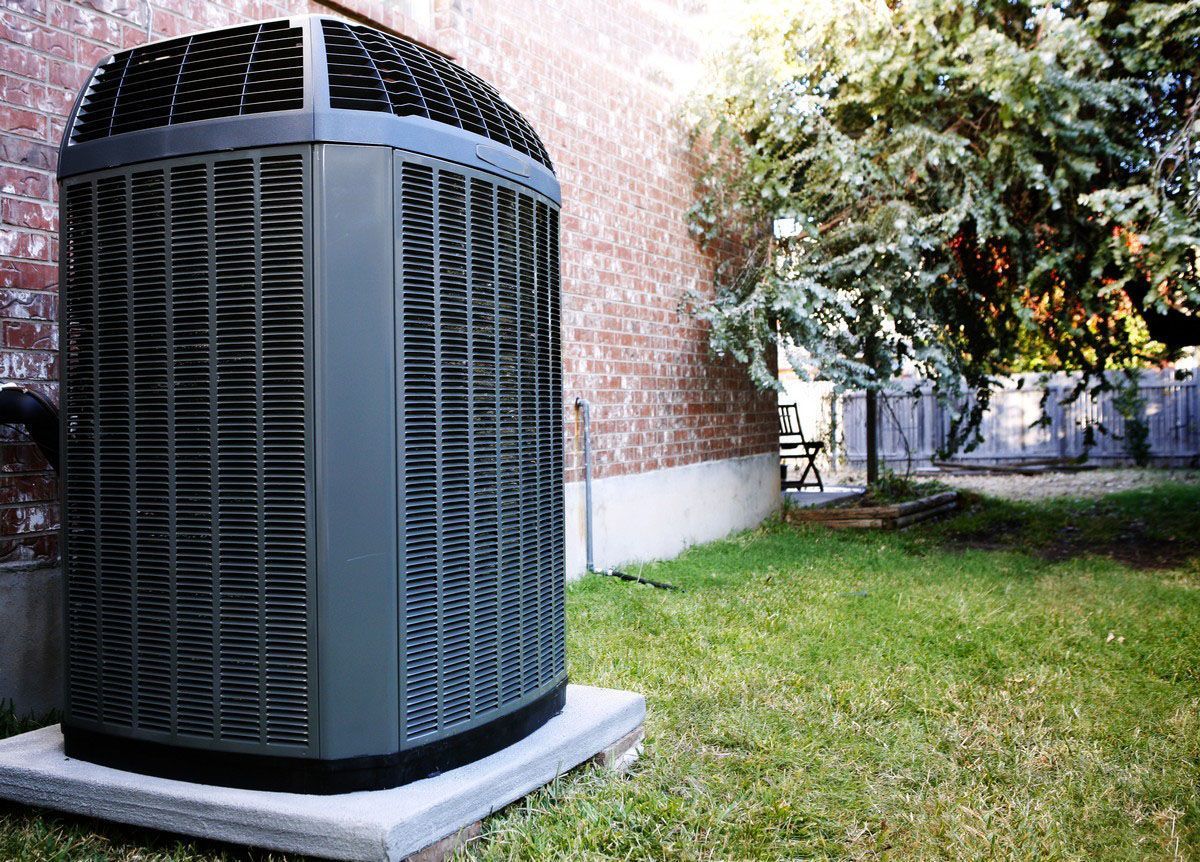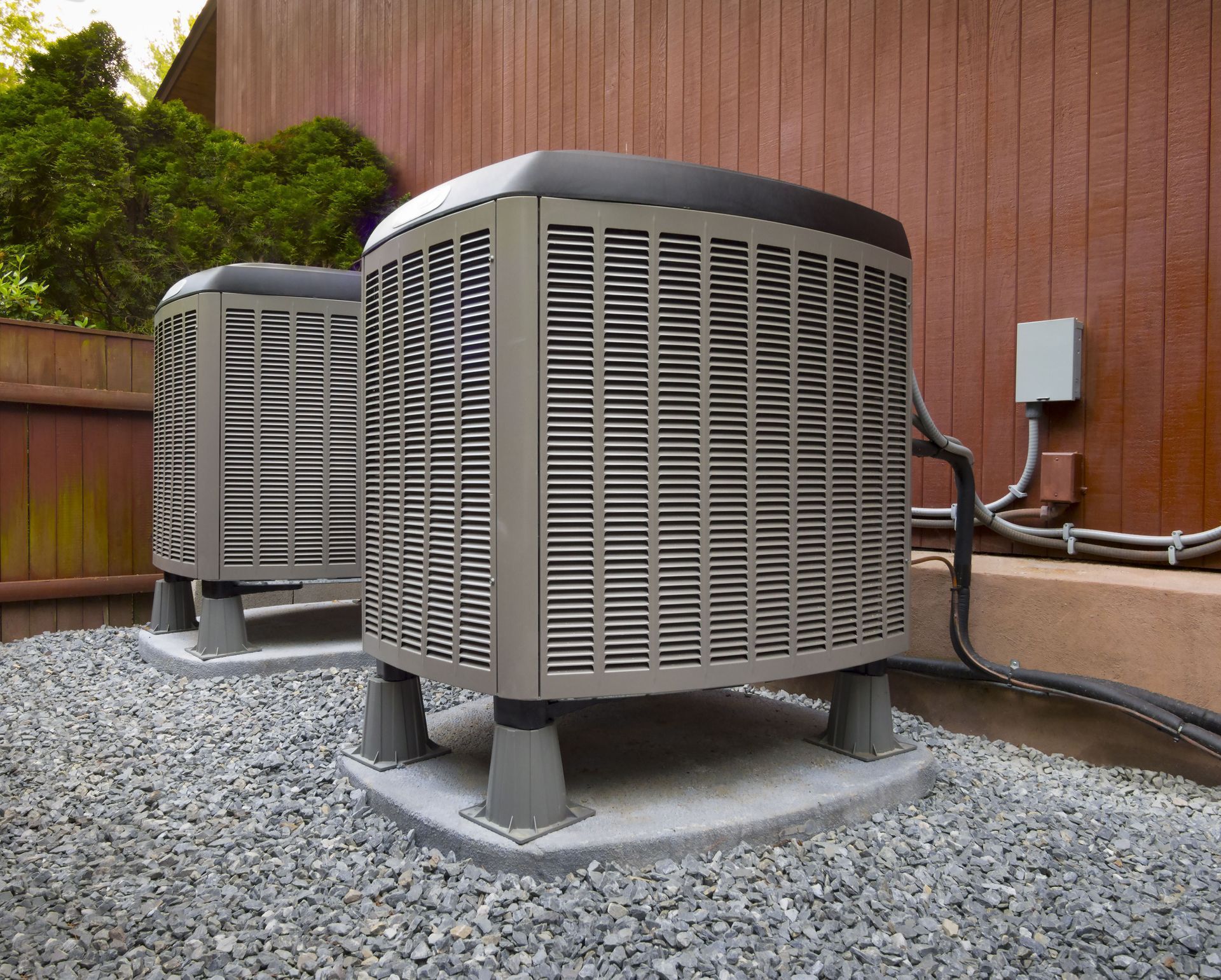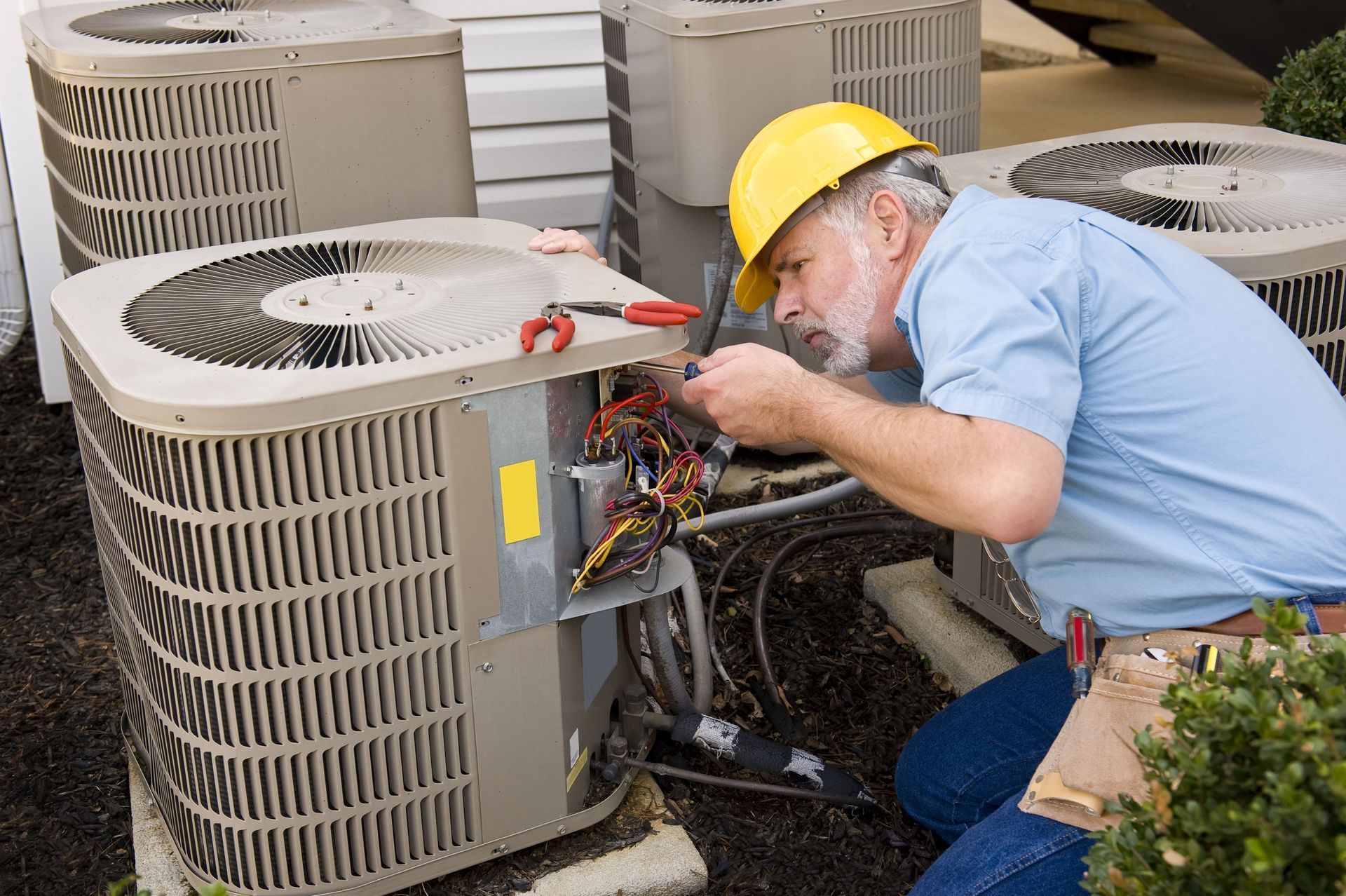October 30, 2025
Understanding what air conditioning contractors examine during inspections can help homeowners ensure their systems are efficient, safe, and long-lasting. This article delves into the critical elements contractors evaluate to maintain the smooth operation of HVAC systems. Routine inspections are not just about identifying immediate issues; they also help in extending the life of the equipment. HVAC systems, according to Bob Vila, can have an expected lifespan of between 15 and 25 years, given the right type of maintenance. Knowing what air conditioning contractors check can aid homeowners in maintenance efforts, ultimately saving on long-term repair costs. Keep reading to find out what homeowners need to know about these professionals.
System Performance Evaluation
Temperature and Airflow Measurement
One of the primary aspects air conditioning contractors assess is the temperature and airflow of the system. Maintaining a balanced flow of air is crucial for ensuring the HVAC system functions effectively. Air conditioning contractors use various tools to measure temperature gradients throughout the system to identify potential blockages or inefficiencies. Discrepancies in airflow can indicate underlying problems that need attention, such as ductwork obstructions or incorrect thermostat settings. Addressing these issues can lead to significant energy savings and a more comfortable home environment.
Energy Efficiency Assessment
Energy efficiency is a paramount concern for both contractors and homeowners, given rising energy costs. During inspections, an HVAC contractor examines the system's energy consumption against its performance output. This assessment helps identify if upgrades or modifications might be necessary to improve efficiency. Improvements in energy efficiency not only reduce utility bills but also lessen the carbon footprint of a household. Over the lifespan of an HVAC system, these adjustments can lead to substantial environmental benefits.
Compressor and Fan Performance
The compressor and fan are integral components of any air conditioning unit. Air conditioning contractors pay special attention to these parts, as their performance directly affects the system's cooling capacity. A malfunctioning compressor or fan can lead to inadequate cooling and increased energy use. Technicians check for unusual sounds, vibrations, and signs of wear that might indicate necessary repairs. Regular servicing of the compressor and fan is essential for prolonging the lifespan of an HVAC system.
Electrical Component Inspection
Wiring and Connectivity Check
Electrical inspections are crucial due to the potential safety hazards that electrical faults can pose. Air conditioning contractors meticulously inspect wiring and connections within the HVAC system for signs of wear and tear or faulty installation. Corroded or frayed wires can lead to electrical failures or even fire hazards. Ensuring all connections are secure and that wires are in good condition is vital for the safe operation of the unit. Regular electrical inspections help prevent potentially dangerous situations and ensure efficient power usage.
Capacitor Functionality Test
Capacitors play a crucial role in providing the necessary startup energy for the HVAC system's motors. Air conditioning contractors perform functionality tests to ensure capacitors are operating within their designated parameters. Faulty capacitors can cause motors to run inefficiently or fail to start altogether. Inspections involve measuring capacitance to detect any deviations from standard performance. Replacing worn capacitors is a relatively simple repair that can prevent bigger issues down the line.
Circuit Breakers and Fuse Inspection
Inspecting circuit breakers and fuses ensures the HVAC system is protected from electrical overloads. Contractors examine these components to verify they are functioning correctly and are the appropriate size for the system's electrical load. Faulty or improperly sized circuit breakers can lead to tripped circuits and system downtime. Regular inspections prevent power interruptions and the potential for equipment damage. Keeping these components in check is vital for maintaining uninterrupted HVAC operation.
Physical Condition Assessment
Condenser and Evaporator Coil Examination
The condition of the condenser and evaporator coils significantly impacts the HVAC system's cooling efficiency. Air conditioning contractors inspect these coils for dirt, damage, or obstructions that might hinder heat exchange. Clean coils facilitate optimal heat transfer, leading to better cooling performance and reduced wear on the system. Dirty or damaged coils can result in diminished efficiency and increased energy consumption. Regular cleaning and maintenance help in preserving the system's efficiency and prolonging its operational lifespan.
Leaking Ductwork Inspection
Leaky ductwork can considerably undermine an HVAC system's efficiency by allowing cooled air to escape before reaching its intended destination. Contractors inspect ducts for signs of wear, tears, or improper sealing. Addressing leaks ensures that the system delivers the maximum amount of conditioned air to the living spaces, reducing the need for the system to work harder than necessary. Sealed ducts contribute to energy savings and uniform temperature distribution throughout the home. A ductwork inspection is a preventive measure that contributes to overall system effectiveness.
Filter Condition Check
The condition of air filters is a significant determinant of air quality and system efficiency. Air conditioning contractors check filters for dirt and obstructions which can hinder airflow and reduce system efficiency. Clogged filters force the system to work harder, leading to increased energy use and the potential for system strain. Regular filter replacements or cleanings lower energy bills and improve indoor air quality. Maintaining clean filters is essential for both the health of the occupants and the longevity of the HVAC system.
Cooling Efficiency Checks
System Cooling Output Measurement
Measuring the cooling output of the system is vital for assessing its capability to maintain desired indoor temperatures. Contractors perform detailed checks on the cooling output relative to the system's size and specification. This measurement helps identify deviations that could suggest malfunctions or inefficiencies. A system that meets its cooling output specification operates efficiently, resulting in optimal energy use. Regular assessments ensure that the system's cooling capacity aligns with the homeowner's comfort needs.
Thermodynamic Cycle Efficiency Evaluation
The thermodynamic cycle is the core principle of an HVAC system's operation; hence, its efficiency is scrutinized during inspections. Contractors assess if the system follows efficient cycles to maximize cooling output while minimizing energy usage. Disruptions in the cycle could indicate issues with components like the compressor or expansion valve. By ensuring the cycle operates correctly, homeowners can enjoy reduced energy bills and enhanced system performance. Maximizing cycle efficiency is a direct way to bolster long-term operational savings.
Expansion Valve Functionality
The expansion valve plays a critical role in regulating the refrigerant flow within the system. Contractors verify its functionality to ensure it correctly modulates refrigerant flow according to cooling demands. A malfunctioning expansion valve can lead to inconsistent temperatures and excess use of energy. Ensuring the valve operates properly prevents excess strain on the compressor and upholds the system's efficiency. Regular checks and maintenance of the expansion valve contribute to sustained system performance and longevity.
Regular inspections by qualified air conditioning contractors are vital for ensuring system efficiency, reliability, and safety. By understanding what these professionals look for, homeowners can proactively maintain their systems and extend the lifespan of their HVAC units. The comprehensive evaluation of performance, electrical safety, physical condition, and cooling efficiency offers a holistic approach to maintaining HVAC systems. Regular communication with dependable contractors fosters a preventive approach, which is the cornerstone of both cost savings and system reliability. If you're looking for high-quality air conditioning contractors , our team at Northland AC is ready to help. Contact us today to learn more about our services. We look forward to hearing from you!






